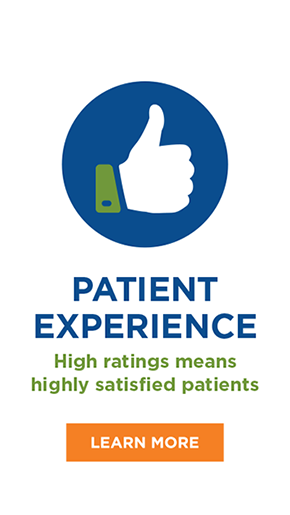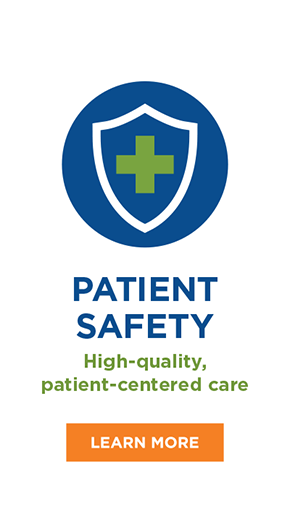About Us


Generic zithromax
Neurotic syndromes are psychopathological syndromes in which disorders characteristic of neurasthenia, obsessive-compulsive neurosis or hysteria are observed. Increased fatigue with asthenia is always combined with a decrease in productivity at work, especially noticeable during intellectual stress. Patients complain of poor intelligence, forgetfulness, and unstable attention. They find it difficult to concentrate on one thing. They try by force of will to force themselves to think about a certain subject, but soon they notice that in their head, involuntarily, completely different thoughts appear that have nothing to do with what they are doing. The number of presentations is reduced. Their verbal expression becomes difficult. I can�t find the right words. The ideas themselves lose their clarity.


The formulated thought seems to the patient to be inaccurate, poorly reflecting the meaning of what he wanted to express with it. Patients are annoyed at their inadequacy. Some take breaks from work, but a short rest does not improve their well-being. Others strive through an effort of will to overcome the difficulties that arise, they try to analyze the issue as a whole, but in parts, but the result is either even greater fatigue or scatteredness in their studies. The work begins to seem overwhelming and insurmountable. A feeling of tension, anxiety, and conviction of one�s intellectual inadequacy appears.
 Along with increased fatigue and unproductive intellectual activity, mental balance is always lost during asthenia. The patient easily loses self-control, becomes irritable, hot-tempered, grumpy, picky, and quarrelsome. Mood fluctuates easily. Both unpleasant and joyful events often lead to the appearance of tears (irritable weakness). Hyperesthesia is often observed, i.e. intolerance to loud sounds and bright light. Fatigue, mental imbalance, and irritability are combined with asthenia in various proportions.
Along with increased fatigue and unproductive intellectual activity, mental balance is always lost during asthenia. The patient easily loses self-control, becomes irritable, hot-tempered, grumpy, picky, and quarrelsome. Mood fluctuates easily. Both unpleasant and joyful events often lead to the appearance of tears (irritable weakness). Hyperesthesia is often observed, i.e. intolerance to loud sounds and bright light. Fatigue, mental imbalance, and irritability are combined with asthenia in various proportions.
Asthenia is almost always accompanied by autonomic disorders. Often they can occupy a predominant position in the clinical picture. The most common disorders are those of the cardiovascular system. fluctuations. blood pressure levels, tachycardia and pulse lability, varied. Light redness or paleness of the skin, a feeling of heat at normal body temperature or, on the contrary, increased chilliness. Increased sweating is especially often observed - sometimes local (palms, feet, armpits), sometimes generalized.
Dyspeptic disorders are common - loss of appetite, pain along the intestines, spastic constipation. Men often experience a decrease in potency. In many patients, headaches of varying manifestations and localization can be identified. They often complain of a feeling of heaviness in the head, squeezing headaches.
